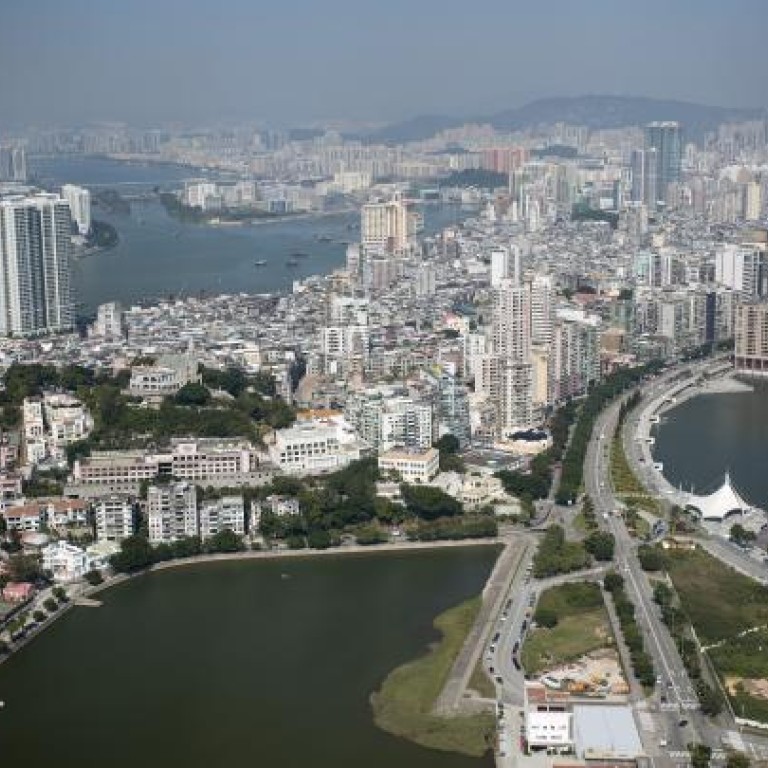
Hong Kong and Macau's arbitration agreement
Jim James of law firm Norton Rose looks at the agreement between the two cities for reciprocal enforcement of arbitral awards
Hong Kong and Macau agreed in January to an arrangement for the reciprocal enforcement of arbitral awards, bringing to a successful conclusion discussions which had been in progress for over a year.
This arrangement will provide an effective method of enforcing any Hong Kong arbitral awards in Macau, and vice versa.
Hong Kong and Macau both have procedures for the enforcement of foreign awards, namely, the Hong Kong Arbitration Ordinance, and Macau's Decree Law, but these procedures lack the efficiency of a special bilateral reciprocal arrangement.
Although details of the Hong Kong-Macau mutual agreement have yet to be made known and the agreement will not come into effect until the governments designate a date, it is likely that the arrangement will follow the existing Hong Kong-mainland and Macau-mainland arrangements.
The Hong Kong-mainland arrangement for the mutual enforcement of arbitral awards came into effect in February 2000, just a few years after the handover of Hong Kong to the mainland.
The implementation of this arrangement has been formalised under the Hong Kong Arbitration Ordinance. Specifically, this arrangement applies to arbitral awards made in Hong Kong under Hong Kong's Arbitration Ordinance and ad hoc arbitral awards, made under the rules of the International Chamber of Commerce or other foreign arbitration institutions and also made by designated arbitral commissions on the mainland.
The 1958 New York convention on the recognition and enforcement of foreign arbitral awards has been signed and ratified by most industrial states and provides the mechanism by which international arbitration awards are enforced around the world.
As of January 2013, there were 148 signatory states. By signing up to the New York Convention, a state agrees that it will recognise an agreement in writing between parties who have undertaken to submit to arbitration all or any differences which have arisen in respect of a defined legal relationship, whether the relationship is contractual or not.
A state signed up to the convention also affirms that it will recognise arbitration awards as binding, and that it will enforce them in accordance with the procedural rules of the territory where the award is to be enforced.
It also agrees that it will not impose substantially more onerous conditions or higher fees or charges on the recognition and enforcement of foreign awards than on the recognition or enforcement of domestic awards.
In January 1987, China adopted the convention. In 1997 it extended the New York Convention to Hong Kong and in 2005 to Macau. The effect was to make arbitration awards from all the contracting states to the convention enforceable in the Special Administrative Regions, and vice versa.
As between the mainland, Hong Kong and Macau, however, there remained a difficulty in that they form one single member state. The enforcement of arbitration awards between the three jurisdictions depended on local, non-New York Convention procedures.
The HK-Macau agreement is expected to emulate the spirit of the New York Convention, which differs slightly from that of the HK-mainland arrangement. For example, although Article 7 of the HK-mainland arrangement provides the same grounds for refusing enforcement as the New York Convention, there are some unusual features present.
While the New York Convention recognises refusal when enforcement is "contrary to public policy" of the jurisdiction in which enforcement of the award is sought, a practice widely followed in other bilateral agreements, the HK-mainland arrangement permits refusal in the event that a mainland court determines that enforcement would be contrary to "the social and public interest" of the mainland, which is different to and probably broader than "public policy" elsewhere.
Furthermore, the applicant is not permitted to seek enforcement in both jurisdictions simultaneously (Article 2 of the HK-mainland arrangement).
It will be interesting to see whether these features appear in the new arrangement between Hong Kong and Macau. In any case, the proposed bilateral arrangement is to be welcomed as providing a dedicated arrangement for the reciprocal enforcement of awards between the two SARs.
Send your legal questions to [email protected].
